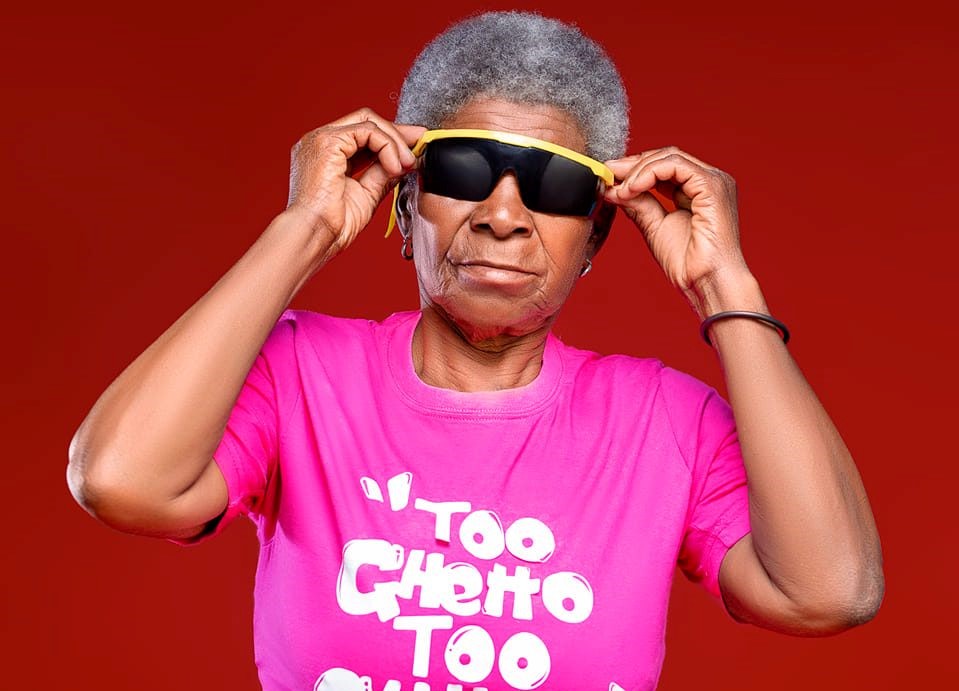Religion, politics now happily married
In this book, a pragmatic political scientist and an uncompromising theologian put religion and politics in an oven of red-hot conversation, eventually, baking a potent case that bears testimony to the inseparability of religion and politics.
Great truths always begin as blasphemy.

Pastor Nick Chakwera is a renowned theologian: a kind preacher and warm teacher of the gospel. Ideally, we expect him, as his fellow men of God do, to publish books that deepen our understanding of the scripture as we prepare to go to heaven.
Fatsani Luther Kumwenda is a political scientist, well-versed in theories that help the lay people to understand how society is organised and governed. It is expected of him, as his fellows such as Professor Boniface Dulani, to publish books and providing commentaries that help the public to understand the political systems much easier.
For the two to rebel against their lanes and come together to put a case for compatibility of their visibly incompatible professions could as well be perceived blasphemy.
Yet it is this perceived blasphemy that Nick and Fatsani set out to challenge in their 365-paged book, Religion and Politics: Why Christians Must Participate in Politics.
Marrying theories drawn from historical, political, sociological and theological studies, the two argue that politics and religion are inseparable because they share the same ethical concerns which are justice and common good.
“Since politics and society cannot avoid morality/ethics, and since morality is in the domain of religion, then religion and politics can never be separated.
The ethical concerns of politics, namely justice and the common good, are also the concerns of any religion worth its salt. We cannot imagine how some arrived at the conclusion that religion and politics are separable,” they argue.
Interesting argument, it is.
In Malawi where politics is contextualised as ndale [tricks]and, indeed, Malawians have lived experienced of the tricks in how, for years, politicians have promised the moon only to disappear after being voted, it is foolhardy to easily accept that politics is not ndale, but quest for justice and good.
Interestingly, Nick and Fatsani understand this as well.
In the book, the two begin their conversation by putting their argument into perspective through, fundamentally, providing a contextual definition of politics and religion.
The two feel that politics and religion have been wrongly defined and understood: politics as ndale and religion as about preparing people’s return to their creator.
Politics as ndale, they argue, has shrunk politics to a measure of a dirty game played by dirty people. While religion, as seen from the definition of preparing people’s return to their creator, has removed the clergy from taking a critical role they are supposed to play to make life better for people they serve before they return to their creator.
To put matters in context, the two reject those definitions. Instead, they advance that politics is an art or science of governance and establishing justice and common good, as such, Christians or religious people are needed in politics because governing with justice requires such standards of ethics acknowledged and pursued in sincerity by genuine religious people.
To them, politics and religion, properly defined and understood, should both be viewed as vehicles of achieving a common human end: justice and common good. This, they argue, is the reason politics and religion should be inseparable. But it is interesting how the authors, intelligently, justify the inseparability of politics and religion. They use five justifications.
One, narrowing religion to Christianity, the authors are Christians after all, the book takes a reader back in time, documenting how Christianity influenced the Roman Empire both in a positive and negative way. You will be amazed at the level of deep and wide historical research that the authors delved into to demonstrate and justify their point.
Two, the authors document profiles of international figures that stood the tempest of their time to influence their political times using Christian principles. From world acclaimed Reverend John Witherspoon through Fredrick Douglas to Dr Martin Luther King, you get moving stories of how clerics, armed with the scriptures, pushed governments to legislate laws that are responsive to the cause of justice and common good.
Three, the authors do not just stop at international figures. They also document local religious giants such as Reverend John Chilembwe and, also, the Catholic Bishops to cart home the idea that religion and politics are inseparable.
Four, the authors delve into the Bible to isolate instances which demonstrate how God’s chosen people defined and executed systematic governance principles that have defined and shaped modern political systems.
And lastly, the authors take an offense with most objections used to make politics and religion separable by challenging them with biblical facts.
Besides these justifications, the book takes an academic approach of making key recommendations based on their desk research findings. Among others, the book recommends the redefinition of the word politics as ndale, calls for Theology Colleges to include political science courses, and many others.
In the end of it all, after 365 pages, you get a fully baked piece of literature that responds to every question raised on the debate regarding the separability of politics and religion.
And there are reasons you should have this book on your shelf.
One, the authors are both authorities in their field; two, they use simple and digestible language; three, they summarise every chapter; four, its well-researched; five, it targets everyone, from secondary to postgraduates who needs quick and verified information on politics and religion; and, lastly, it refers you to other authorizes on the topic which means it opens your door for further knowledge. Have this book.






One Comment